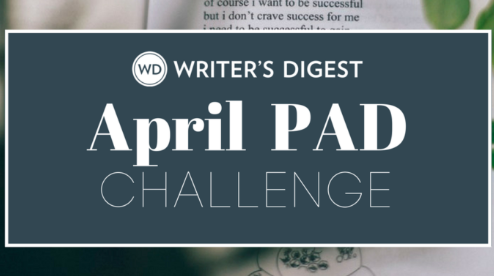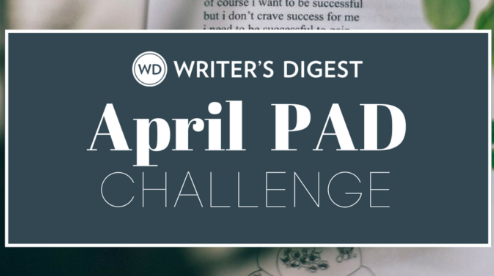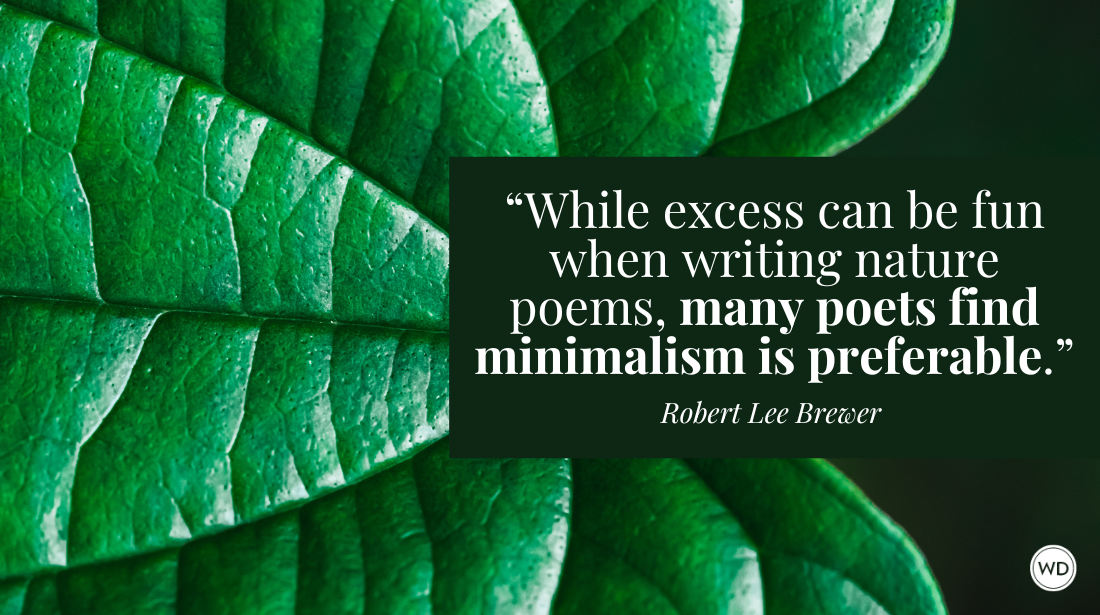3 Ways to Bring Wonder to Your Poems
Discover three ways to bring wonder to your poems.
At its best, poetry captures and provokes a sense of wonder unparalleled by other genres of writing. That’s because poetry is filled with rules underwritten by a master rule imploring poets to bend and break all rules. With this in mind, here are three ways to bring wonder to your poems.
Leaps in Logic
Years ago, I stumbled upon a copy of Robert Bly’s Leaping Poetry which looks at the leaps of logic made by poets from around the world. The gist is that many great poems involve quick leaps of thought and associations. (By the way, a great place to start your pursuit of world poetry is in The Ecco Anthology of International Poetry, edited by Ilya Kaminsky and Susan Harris.)
One example I love using involves my first memory, which involved seeing large blades of grass blocking a bright sun. It was only later that I realized those massive blades were actually my eyelashes. So, I could explain my earliest memory involved mistaking my eyelashes for blades of grass, or I could say, “i began as eyelashes blocking the sun / and my father was a digital clock,” as I began the title poem of my Solving the World’s Problems collection.
When making leaps and associations in poetry, poets don’t explain their intentions or define their terms. They trust readers to have the imagination to leap along and, perhaps, make new leaps and associations of their own.
Only in Dreams
One common rule of fiction is to avoid having the story be a dream. However, dream poetry is a great way to bring wonder to readers, because dreams make leaps of logic on the regular. Often, my dreams don’t make sense at all … but I still might try to tease out the meaning days or weeks later.
For instance, I find my feet are floating a little off the floor. Then, my wife worries I might drift out the window and into the street, so she ties a rope around my waist. Nobody panics or seeks answers for why I’m suddenly gravity-averse; we just deal with the reality of the situation.
Or I find myself alone in a house, my house, but not my current house (a previous house … that I then realize wasn’t my house, but a house I remember passing as a child). Only then, it occurs to me that the house is actually a barn. And I’m looking for someone. Or someone is looking for me. And there’s a car driving down the road that I should either flag down or from which I should hide.
Both examples were real dreams I turned into poems. Keep a dream journal and see if you can resist writing your own wild poetry.
Get Young
Someone once said, “We are born poets.” And though many people are attributed with this phrase, the sentiment is true. We are all born with a mind that makes leaps of logic as it tries to figure out how everything works. The problem is we often replace poetry with reason as we age.
My favorite example of this concept involves my stepson who, as a very young child, would take walks through his neighborhood which had a pool the HOA abandoned. Each time he passed the empty pool with its coat of white paint, he would refer to it as a marshmallow factory, because of course it produced marshmallows. That’s poetry!
So, whether you’re making conscious leaps of logic, capturing dreams, or recapturing your young inner poet, I beseech you to seek your own marshmallow factories of wonder-filled poetry.
Click to continue.
Robert Lee Brewer is Senior Editor of Writer's Digest, which includes managing the content on WritersDigest.com and programming virtual conferences. He's the author of 40 Plot Twist Prompts for Writers: Writing Ideas for Bending Stories in New Directions, The Complete Guide of Poetic Forms: 100+ Poetic Form Definitions and Examples for Poets, Poem-a-Day: 365 Poetry Writing Prompts for a Year of Poeming, and more. Also, he's the editor of Writer's Market, Poet's Market, and Guide to Literary Agents. Follow him on Twitter @robertleebrewer.





